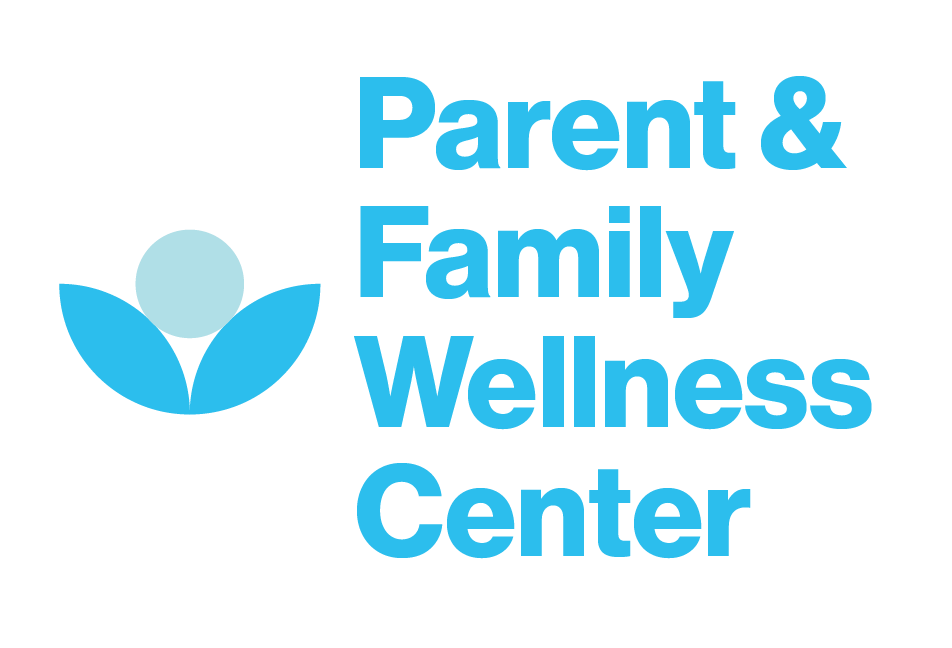Sex and Parenthood | Part 2
Almost 9 months ago (maybe not a coincidental amount of time!) we shared some thoughts with you about Sex after the transition to parenthood.
We’re here to pick up where that conversation left off. Our team has been talking about sex with each other, with our clients, and with colleagues in the field. And we have lots to say that we think you’ll want to hear.
What does “sex” mean?
Before we dig in–let’s define what we mean when we’re talking about sex. Here’s the thing: it doesn’t matter what we mean when we use this term. It matters what you and your partner mean. When our clients say “we’re not having sex anymore…” the first question we ask is “how do you all define sex?” We know that the question pulls on so much: sexual identities, beliefs, histories, and more. For cisgendered, hetero-identifying, monogamous folks–sex may mean something very specific, often penetrative intercourse between partners. For other couples who may not fall within these identifying confines, saying “we’re not having sex” may mean something very different. It’s important that you and your partner are on the same page about defining what sex means to you all, and that requires conversations.
When people indicate that they are having trouble with their sexual connection, we understand this to be a challenge with many layers. And often the mother/birthing person and the partner are both plagued with fears, worries, and concerns about the very same things, coming from different angles.
Postpartum Sexual Challenges
There are 3 main components that we try to explore with clients when they say that they are dissatisfied with their sex lives.
1. The physical act itself.
For mothers and folks who have recently (or not so recently) birthed a baby, they may be challenged by pain or other physiological changes related to pregnancy and the birthing process. They may worry: “What if it hurts? What if the sensations I used to enjoy don’t feel good to me anymore? Or what if my body is different for my partner, and they don’t like being intimate with me now? What if it feels/tastes/smells different for them, and they don’t like it? Partners may worry: “What if I hurt them? What if things we used to do don’t work for them anymore? What if I try to do something and it creates damage or distance? What if I am not attractive anymore to them now that they’ve been through this huge change?”
Our friends at OWN Your Pelvic Health are Pelvic floor OTs who have great tips for exploring the complex physical work of entering back into sexual connection after having a baby. (We’re excited for our upcoming Instagram live chat with this on this very topic.)!
2. Desire
Whenever folks come into the therapy room talking about problems with their sex lives, we are always getting curious with them about desire: their desire and their partner’s desire, before pregnancy, during pregnancy, and in the postpartum period and beyond. Some people assume that desire is supposed to be a spontaneous, self-motivated experience. For many people, sexual desire is responsive, and arises in response to certain circumstances and stimuli. We tend to have very gendered expectations about desire when thinking about heteronormative relationships. We develop unrealistic, rigid expectations about how often we should want to have sexual connection. We wonder what it means about us if we are finding it difficult to connect with sexual desire. We wonder what it means about us if our partners don’t desire us with as much frequency and intensity as we do them. We see differentials as bad, scary, and sometimes insurmountable. Desire has to do with a sense of connectedness, eroticism, sensuality, and creativity. And let’s be honest: many of these words do not find themselves as easy bedfellows with new parenthood. As the brilliant clinician and scholar Esther Perel tells us, cultivating desire can be a practice, especially when we’re dealing with huge biological and identity changes, and it’s a practice we don’t always feel we have time for.
3. Pleasure
Along with the physiological and psychological changes and the often-shifting balance of the desire see-saw, at the very heart of these conversations about sex is pleasure. We can be so consumed with notions about what we think sex should be like, or what we believe we should enjoy, that we’re completely out of touch with what we actually enjoy. If it is difficult for us to identify sensual pleasures–when we feel them, what we enjoy about them, when they are most poignant or intense for us–it is going to be very difficult for us to make our way into experiences that will give us pleasure. It is important to take time with your own body–no matter your gender identity or status as a birthing parent–and explore what feels good. What types of sensual experiences are we gravitating towards? What fills us up, or leaves us wanting more? What shuts us down, turns us off, or leaves us depleted? Having frank, open and honest conversations with ourselves and our partners helps set the stage for coming together around this topic. If talking directly about sexual activity feels challenging, you can start off with conversations about sensory-related experiences that you really enjoy. What is one part of your body that isn't typically considered sexual that you love having touched? What temperature do you prefer to feel on your skin? Questions like this are an easy way to start having conversations about physical pleasure.
If you are interested in diving into these ideas further, come join me and Courtney from OWN Your Pelvic Health on Thursday, October 19th from 12:00-12:30. If you have specific questions you want us to address, send them along to emily@parentfamilywellness.com. No questions are off limits–we want to include anything and everything that will help you on this journey.
